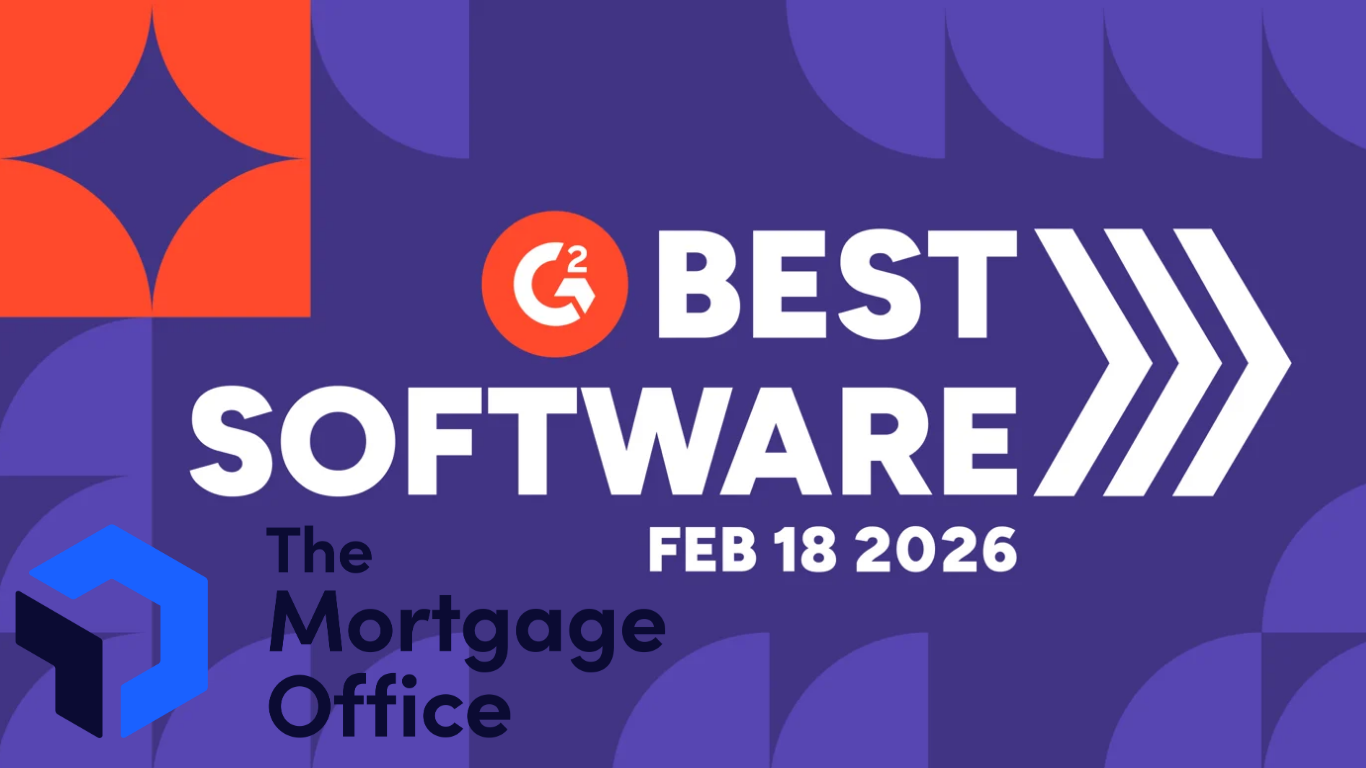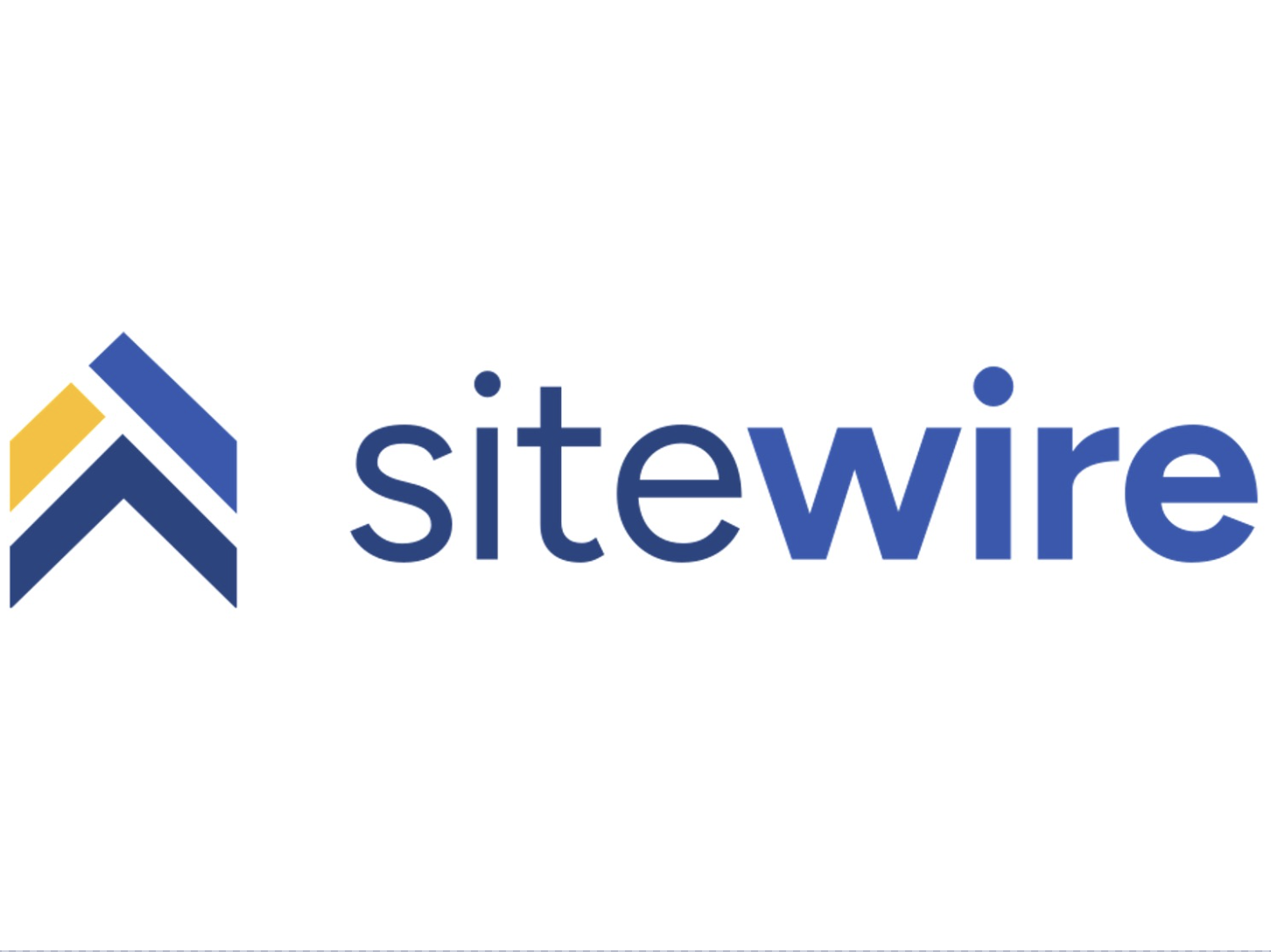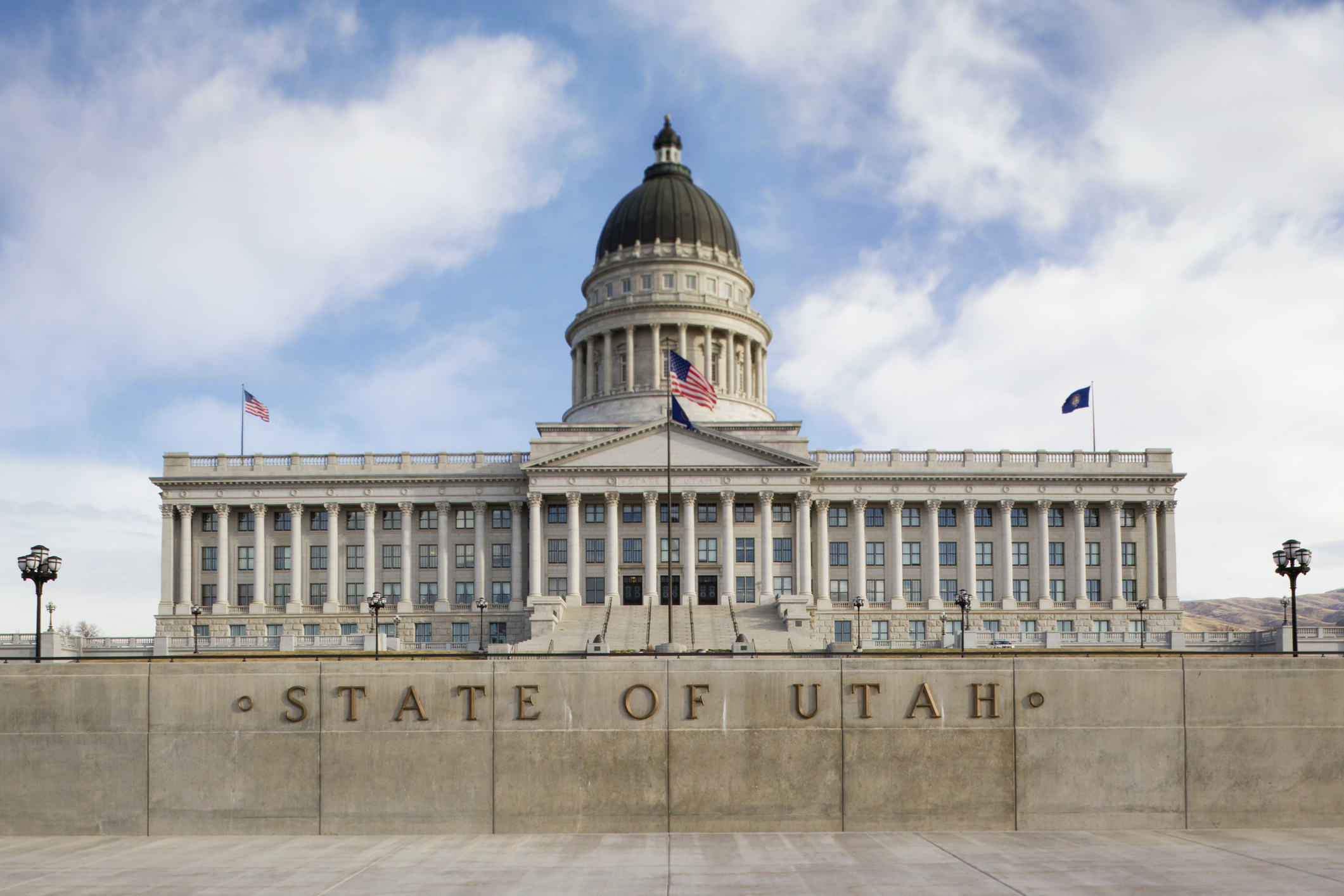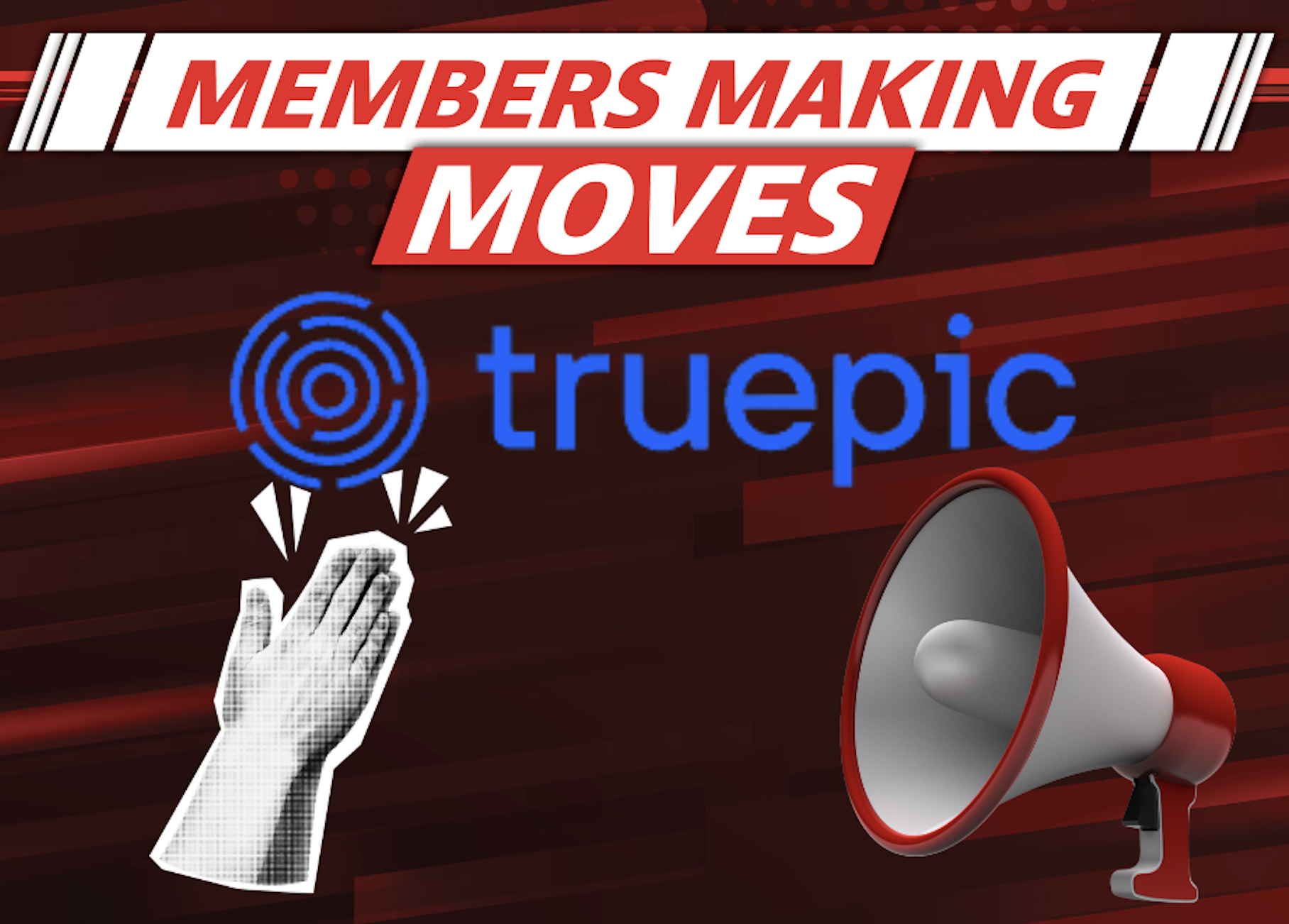The Florida Senate Banking and Insurance Committee is now scheduled to review SB 1632. You can attend the 4 p.m. EST Committee Meeting on 4/1/2019 to show your opposition in person. More details on how to do this below.
Review Date: Monday, April 1
Time: 4-6 p.m.
Location: Pat Thomas Committee Room, 412 Knott Building
How to show your opposition to SB 1632 at the Committee Meeting:
- Fill and bring an Appearance Record (the Committee also has them available as you walk in).
- Arrive at the meeting shortly before 4 p.m.
- Give the Appearance Record to Committee Staff.
- The Committee Chair may call the bill for review at any time during the meeting.
- You will be called to speak for 1-3 minutes during the bill’s review period. (You may also show your opposition to the bill WITHOUT speaking by filling in the “Waive Speaking: Against” section of the Appearance Record Form)
- If you wish, you may leave after the bill is reviewed.
SB 1632 Synopsis
SB 1632 removes a mortgage lender licensing exemption. This exemption allows private lenders to originate loans secured by residential property without a mortgage lender license, so long as the loan is for business rather than consumer purposes.
Full bill text here.Talking Points
- This bill is inconsistent with the federal Truth in Lending Act (TILA) and Real Estate Settlement Procedures Act (RESPA). TILA, RESPA and the current FL statute 494.001 define a mortgage loan as a “residential loan primarily for personal, family, or household use which is secured by a mortgage…” SB 1632 inconsistently redefines it as a “residential loan that is secured by a mortgage…”
- SB 1632 says that the reasoning for this is that “borrowers who apply for and receive business-purpose loans, which are mortgage loans for business purposes which are secured by dwellings, are afforded limited consumer protection…” It does not make sense to extend consumer protection to business-purpose borrowers.
- This bill will negatively impact Floridians and the Florida economy. Impacts include:
- Less capital deployed into the Florida economy as private lenders choose to lend their money elsewhere.
- Higher interest rates for non-consumer borrowers due to less free market competition.
- Higher interest rates for non-consumer borrowers due to lenders’ higher operating costs.
- Less affordable housing as non-consumer borrowers in turn raise their purchase and/or leasing prices to the end-consumer owner-occupied buyer or renter.
You may also show your opposition by contacting Florida legislators. Information on how to do this here.











Leave A Comment